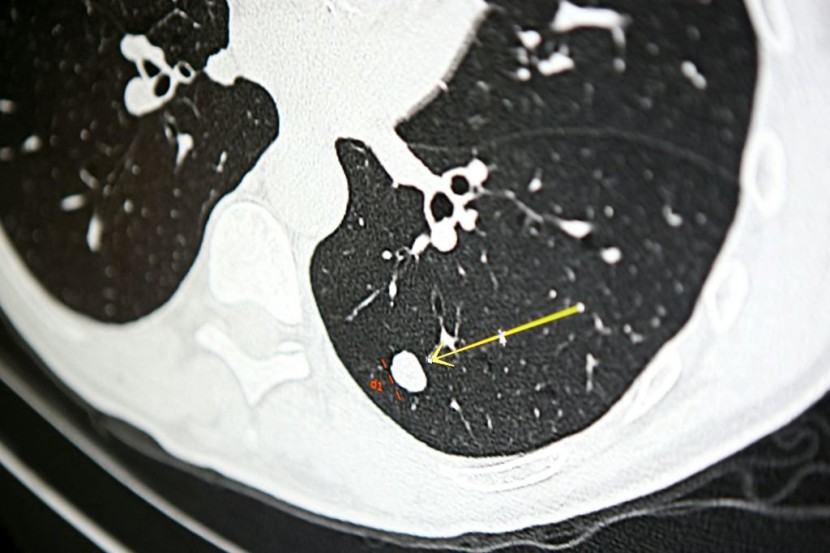Johnson & Johnson reported on Wednesday that its combo medicine has increased the amount of time that patients with a particular type of non-small-cell lung cancer experienced no progress.
The medication was effective in treating individuals with a more prevalent EGFR protein mutation that promotes rapid cell growth and assessed the effectiveness of Rybrevant, an antibody treatment, in combination with lazertinib, an investigational medicine, versus chemotherapy, according to US News.
Patients whose diseases continued to worsen while receiving Tagrisso treatment from AstraZeneca were tested with J&J's medication.
Only a tiny proportion of patients with NSCLC (non-small cell lung cancer) and a certain kind of EGFR protein mutation were eligible for Rybrevant's approval in 2021.
Read also: J&J's Single-Dose COVID Vaccine Receives FDA Advisers Backing
Potentially the First Option for NSCLC Patients
In head-to-head research with Tagrisso, J&J is also evaluating its combo therapy. Data from the trial are anticipated by the end of this year. The business anticipates that, if successful, the therapy will be the first option for NSCLC patients who have the mutation.
Johnson & Johnson's Rybrevant became the first medication for a particular subset of non-small cell lung cancer (NSCLC) in 2021 after receiving an FDA accelerated approval.

Following a successful clinical trial, the business is now hoping to obtain full permission and expand the use of the medicine to patients with recently discovered diagnoses.
Rybrevant, when added to chemotherapy, dramatically slowed down cancer growth or mortality in patients with recently discovered NSCLC who had EGFR exon20 insertion mutations.
The phase 3 PAPILLON study, which also served as the confirmatory trial for Rybrevant's accelerated approval as a second-line treatment in the same NSCLC population, is where the victory for progression-free survival was achieved.
Rybrevant, an infusin competes with Takeda's oral Exkivity in NSCLC with EGFR exon20 insertion. According to Takeda, the two medications split the second-line market in the United States nearly 50-50. Exkivity, which arrived in the U.S. four months after Rybrevant, sold JPY 3.2 billion ($21.5 million) in the year that ended in March.
Takeda is aiming for a prospective filing during its fiscal year ending in March 2025, which is a little later than the company's original intention, thus Exkivity's own phase 3 study in the first-line setting reads out later. Exkivity is being investigated in the first-line trial as a single treatment rather than in combination with chemotherapy.
J&J has another significant phase 3 readout for Rybrevant that could broaden the use of the bispecific antibody therapy beyond exon20 NSCLC.
Related article: J&J Talc Lawsuits: US Judge Halts Litigations as Company Pursues $8.9 Billion Settlement








